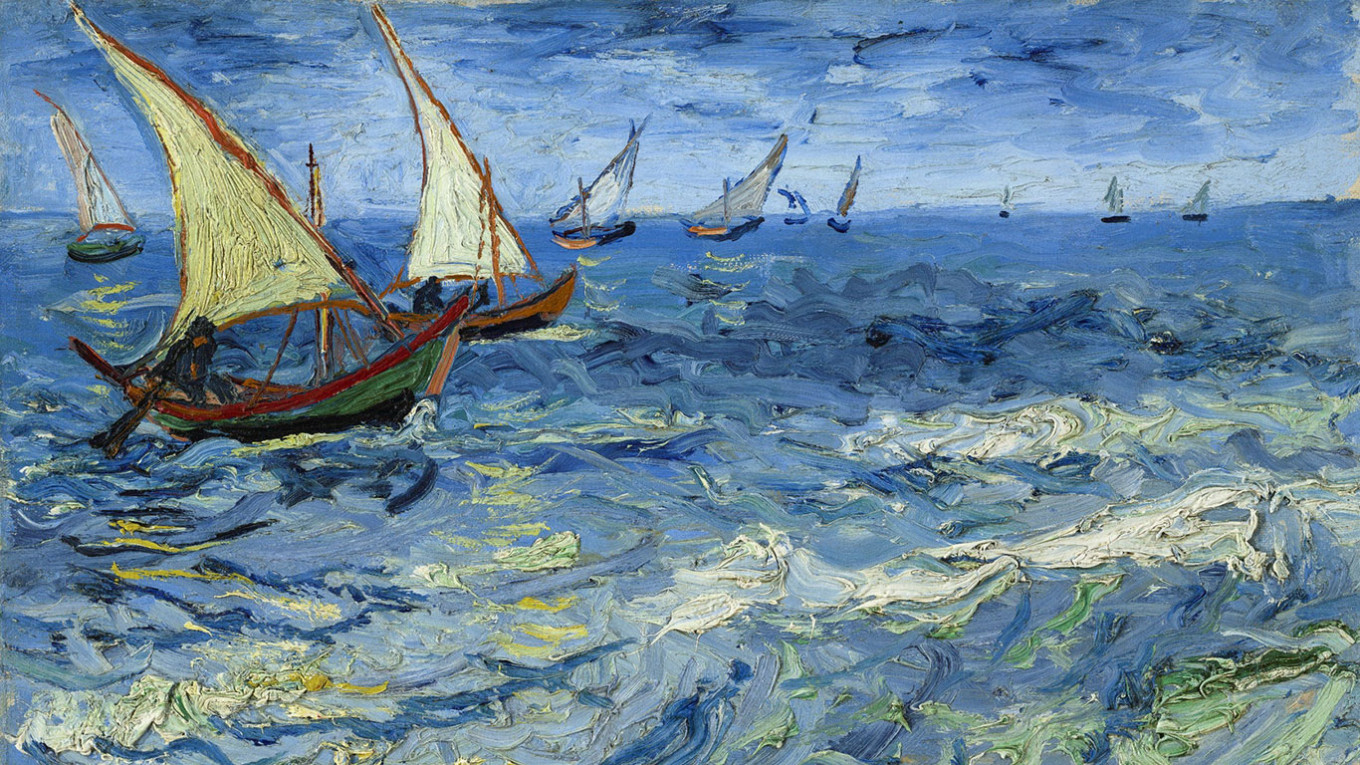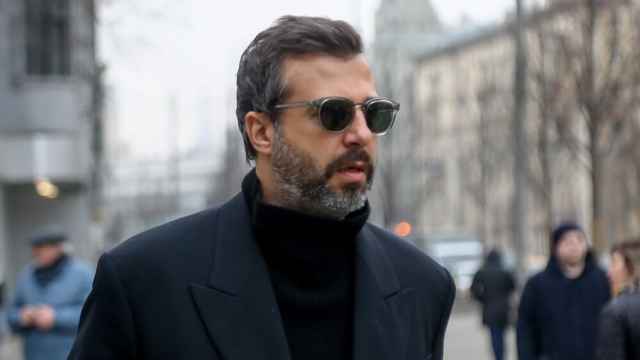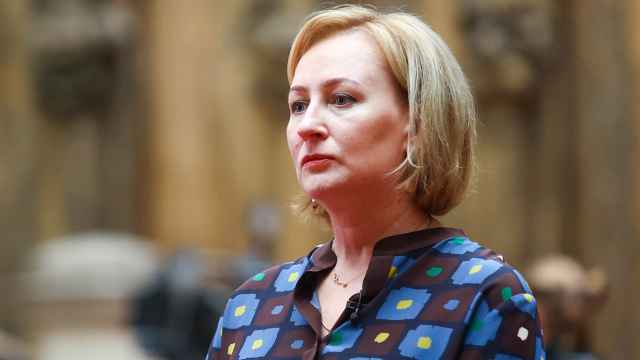International sanctions against Russia, the devaluation of the ruble and politics at the governmental and individual level have left works of art stranded and are causing museums to frantically revise exhibition schedules that had been set years ago.
The Morozov collection of late 19th and early 20th century European and Russian art, so valuable that it could not be sent abroad without President Putin’s signature, is now still on exhibition at Louis Vuitton Foundation in Paris. The show, which opened in October 2021, proved extremely popular and has been extended until April 3, 2022.
The Mikhail and Ivan Morozov collection includes 200 masterpieces of French (Manet, Rodin, Renoir, Pisarro, Monet, Gaugin, Cézanne) and Russian (Repin, Korovin, Golovin, Serov, Malevich, Larionov, Goncharova) art from the State Hermitage, the Pushkin State Museum of Fine Arts, and the State Tretyakov Gallery. The entire Morozov collection had been scheduled to open at the State Pushkin Museum of Fine Arts in June 2022 after its return, but now no one knows when it might arrive.
There does not appear to be any fear that the collection won’t return; all the contracts and guarantees had been signed at the highest level of state. The problem is the suspension of flights to and from Russia. As reported in The New York Times, Jean-Paul Claverie, a special adviser to the chairman of Louis Vuitton Foundation, said the works might be put in storage at the Russian Embassy or the foundation’s secure warehouse. The security of the paintings is the priority, he said, and they will remain in France until a safe way to transport them back is found.
The State Hermitage Museum in Saint Petersburg also decided to put the safety of their works of art first. Acting on a governmental order, the museum first notified Italian museums that they must return the works on loan to them from the Hermitage by March 31. But when the museum staff comprehended the scope of problems, they rescinded their order and said that the art should be returned when safe and feasible.
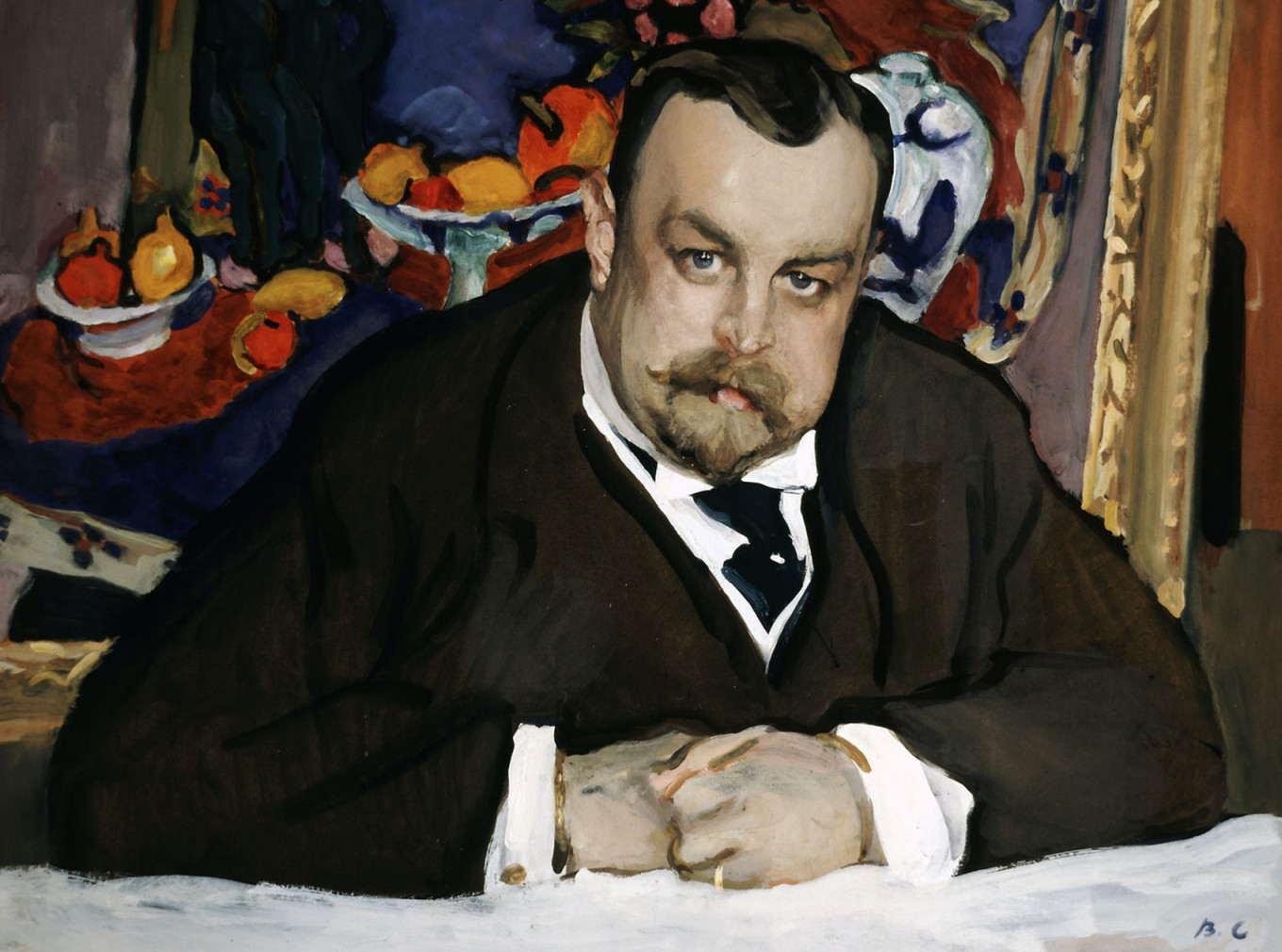
Museums and exhibition spaces in Russia are facing the same kinds of problems, only in reverse: their exhibitions are not being extended, but rather canceled. One of the highlights of the 2022 season was to be the first show of the late French artist Christian Boltanski at the Manege Exhibition space in St. Petersburg. Supported by Institut Français in Russia, this exhibition called “Esprits” would be a kind of mythical space where the workers who had been killed during Bloody Sunday in 1905 awaited their after-life trajectories to heaven or hell. The exhibits had been hand-picked by Boltanski for this show and represented the last 10-15 years of his work, with some of them made especially for this event.
At present the artist’s family and team have made a decision to cancel the exhibition, although all the works have safely arrived in Saint Petersburg and are currently located in the Manege. The Manege staff is working with Boltanski’s team to find a way to safely transport these works of art back to France.
The Manege hopes to be able to come back to this project in future, as well as to other collaborative projects with their colleagues abroad. An independent consultant for a number of cultural organizations in Russia told The Moscow Times that virtually all international collaborations are frozen and there is no funding for any projects with foreign organizations, although everyone hopes that the situation is temporary.

In the meantime, Russian museums and exhibition spaces are scrambling to find alternative projects. Now that the Boltanski show is off, the Manege hall is trying to arrange a different exhibition. They promise to announce their revised spring 2022 program in the near future.
The State Tretyakov Gallery has canceled its retrospective of Finnish painter Akseli Gallen-Kallela that was supposed to run from April to August 2022 and removed it from its list of future exhibitions.
These are, however, all stop-gap measures. Russian and international museums have always based their work on collaborative projects, loaned works of arts, visiting and joint exhibitions, not to mention scholarly and scientific collaboration. It is not clear to anyone how the art world will exist without that.
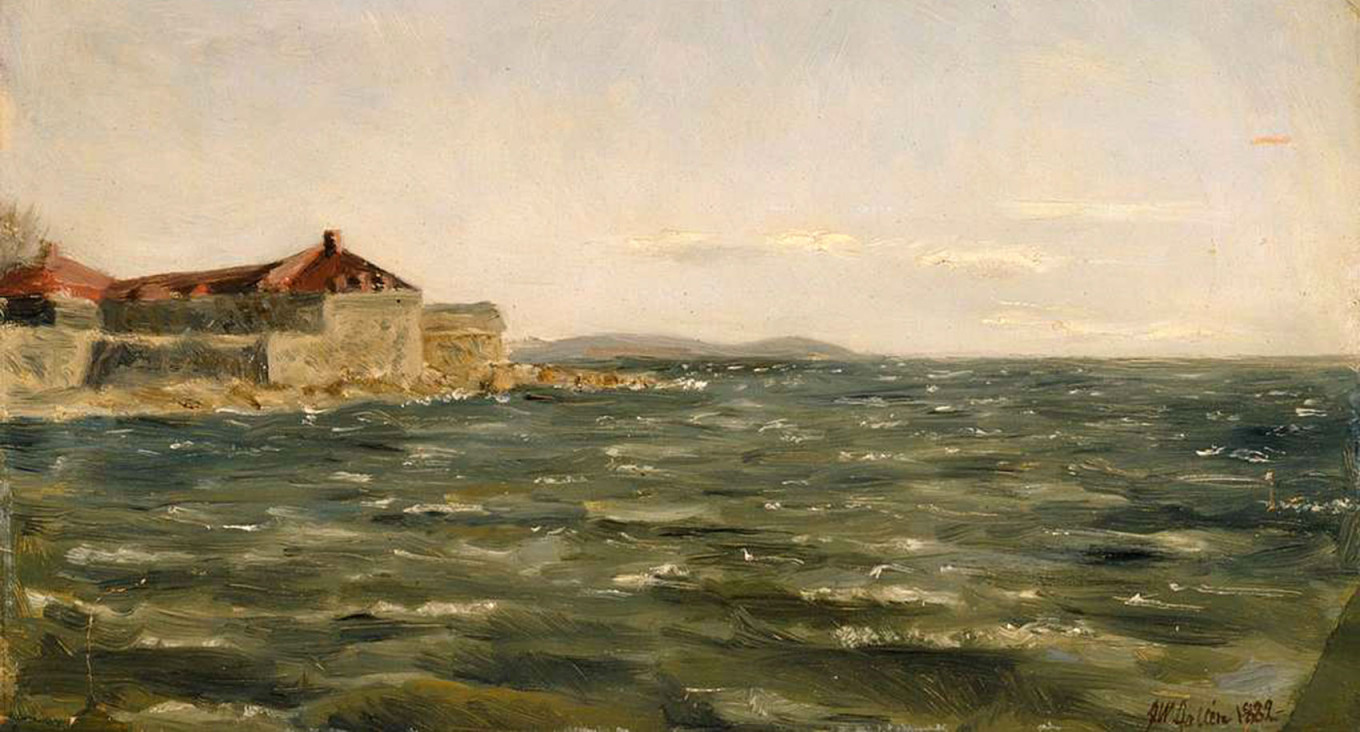
A Message from The Moscow Times:
Dear readers,
We are facing unprecedented challenges. Russia's Prosecutor General's Office has designated The Moscow Times as an "undesirable" organization, criminalizing our work and putting our staff at risk of prosecution. This follows our earlier unjust labeling as a "foreign agent."
These actions are direct attempts to silence independent journalism in Russia. The authorities claim our work "discredits the decisions of the Russian leadership." We see things differently: we strive to provide accurate, unbiased reporting on Russia.
We, the journalists of The Moscow Times, refuse to be silenced. But to continue our work, we need your help.
Your support, no matter how small, makes a world of difference. If you can, please support us monthly starting from just $2. It's quick to set up, and every contribution makes a significant impact.
By supporting The Moscow Times, you're defending open, independent journalism in the face of repression. Thank you for standing with us.
Remind me later.


